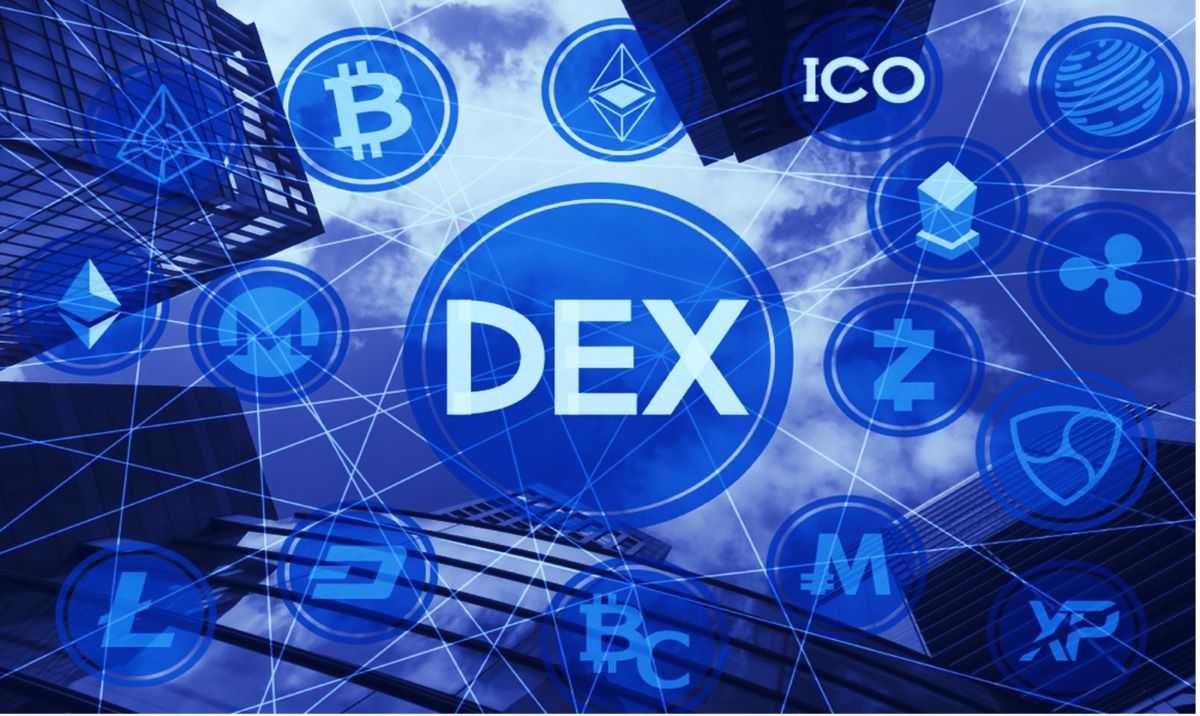The world of decentralized finance (DeFi) was shaken recently by news that Velocore, a prominent decentralized exchange (DEX), had suffered a significant security breach. The breach resulted in a staggering $6.8 million in financial losses. This incident has sent shockwaves through the DeFi community, raising important questions about the security and resilience of decentralized exchange development. In this blog post, we will explore the details of the Velocore breach, its implications for the DeFi ecosystem, and the crucial lessons to be learned for future decentralized exchange development.
Introduction to Decentralized Exchange Development
Decentralized exchanges have revolutionized the way we trade cryptocurrencies by eliminating the need for intermediaries and providing users with greater control over their assets. Decentralized exchange development involves creating platforms that operate without a central authority, leveraging blockchain technology to facilitate peer-to-peer transactions. Velocore was one such platform, known for its innovative approach and robust features. However, the recent breach has highlighted vulnerabilities that even the most advanced DEXs can face.
The Velocore Breach: What Happened?
On a seemingly ordinary day, Velocore’s security team detected unusual activities on their platform. It was soon confirmed that malicious actors had exploited a vulnerability in the exchange’s smart contracts. The attackers managed to siphon off $6.8 million worth of assets, including various cryptocurrencies and tokens. This breach not only resulted in significant financial losses for Velocore and its users but also raised serious concerns about the security protocols in decentralized exchange development.
Analyzing the Attack Vector
To understand the breach, it is essential to analyze the attack vector used by the hackers. Preliminary investigations revealed that the vulnerability was located in the liquidity pool smart contract, which allowed the attackers to manipulate transaction data and drain funds. This incident underscores the importance of rigorous auditing and testing in decentralized exchange development. Ensuring that smart contracts are free from vulnerabilities is a critical step in protecting users’ funds and maintaining trust in the platform.
The Impact on Velocore and Its Users
The financial loss of $6.8 million is undoubtedly significant, but the impact of the breach extends beyond monetary damages. Trust is a cornerstone of any financial platform, and for Velocore, rebuilding trust with its users will be a challenging task. Many users have expressed their frustration and concern over the security lapse, and some have even questioned the future viability of decentralized exchanges. This breach serves as a stark reminder that decentralized exchange development must prioritize security to maintain user confidence.
Security Measures in Decentralized Exchange Development
In light of the Velocore breach, it is crucial to revisit the security measures involved in decentralized exchange development. Implementing robust security protocols, conducting thorough code audits, and utilizing advanced encryption techniques are essential steps in safeguarding DEX platforms. Additionally, employing multi-signature wallets and decentralized governance can enhance security and mitigate risks. By integrating these measures, developers can create more resilient and secure decentralized exchanges.
Lessons Learned and the Way Forward
The Velocore breach offers several important lessons for the DeFi community and developers involved in decentralized exchange development. Firstly, it highlights the necessity of continuous monitoring and updating of security protocols. Cyber threats are constantly evolving, and staying ahead of potential vulnerabilities is crucial. Secondly, transparency with users about security practices and breaches can help in maintaining trust. Lastly, fostering collaboration within the DeFi community to share knowledge and best practices can lead to more secure and innovative DEX platforms.
The Role of Community in Decentralized Exchange Development
One of the defining features of decentralized exchanges is their reliance on community involvement. The Velocore incident has demonstrated that a strong and engaged community can play a pivotal role in identifying and addressing security issues. Encouraging community audits and bug bounties can help uncover vulnerabilities that might be missed by internal teams. Furthermore, involving the community in the governance of the platform can lead to more democratic and secure decentralized exchange development.
Conclusion
The Velocore breach serves as a critical case study in the field of decentralized exchange development. While the financial losses are substantial, the incident also provides valuable insights into the security challenges faced by DEX platforms. By learning from this breach and implementing robust security measures, the DeFi community can work towards creating safer and more reliable decentralized exchanges. As we continue to innovate and develop new technologies, maintaining a focus on security will be paramount.





